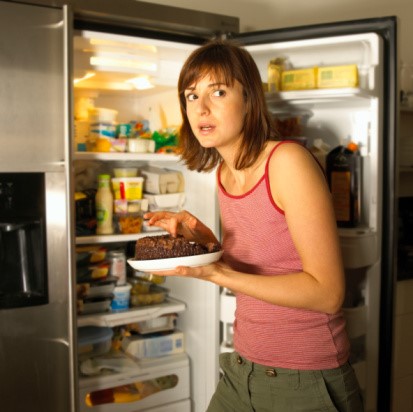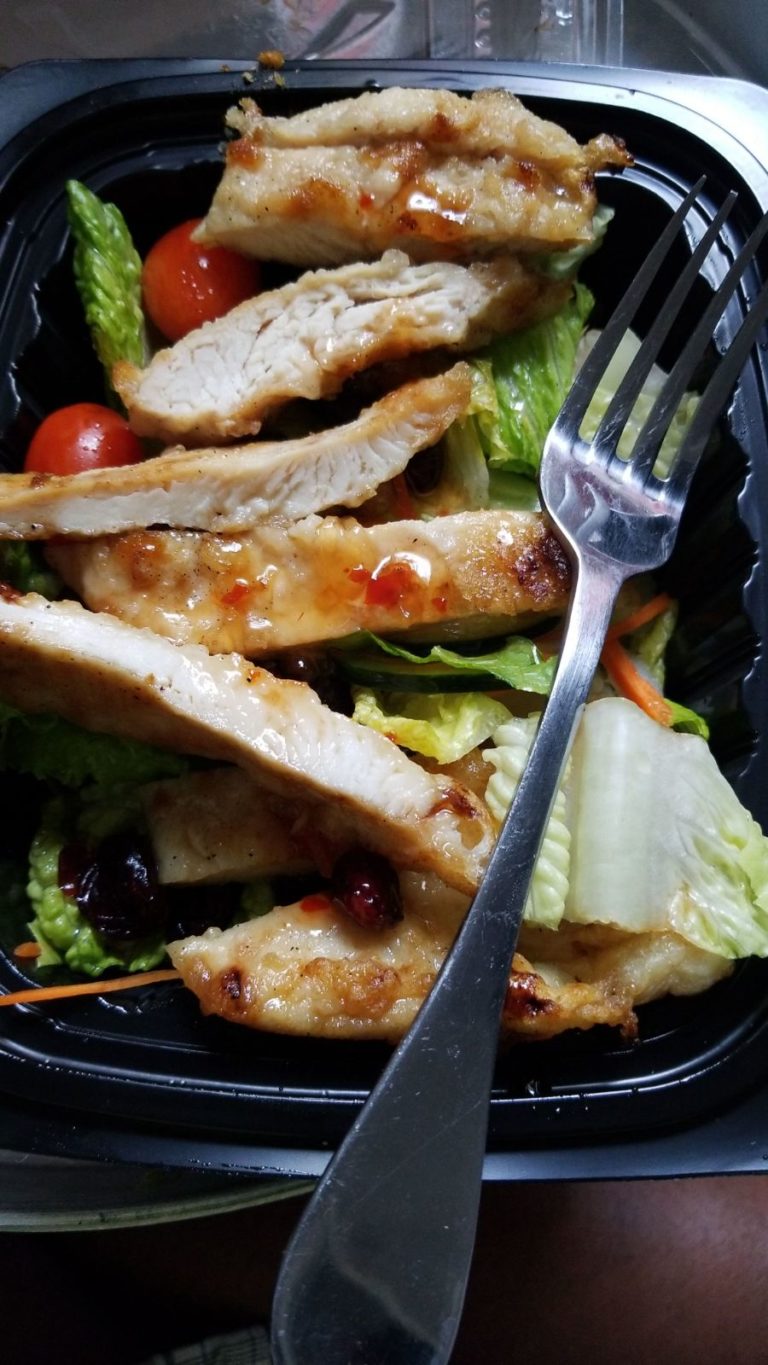NIGHT-TIME EATING WILL NOT MAKE YOU FAT, OR WILL IT?
BY: FITZ-GEORGE RATTRAY
Night-time eating will not make you fat, or will it?
In the previous article, we looked at the question primarily from the night-time eating is not better for you, camp. In this article, we will take a closer look at “night-time eating is not inherently a problem”, camp.
In support for night-time eating
The prevailing argument by many has been night-time eating is unhealthy and will make you fat. However, there is a new school of thought which simply says calories are calories and it doesn’t matter when you have them throughout your waking hours. After all, if your physical activity means you burn 3,000 calories in a day and you eat 3,000 calories in the same day, what difference does it make? This logic flies solidly in the face of those who would argue that thanks to your circadian cycle (the natural rhythm of waking, alertness, eating, tiredness and sleep), our metabolic rate slows down at night and after surviving the day, any night calories are more likely to be stored as fat.
Among the supporters of night-time eating are athletic young individuals, the naturally slim among us, people who have lost significant weight, have become fit and active and are including later meals or intermittent fasting (eating only within an 8-10 hour period) enthusiasts. We could say that these individuals have advantages which allow them to eat at night and still maintain a leaner physique, and we may be correct. However, what of the rest of us?
There are many cultures with relatively good diabetes, hypertension and obesity numbers with later meal hours, easily up to 9 p.m. However, it will be seen that these cultures do eat within a 10-hour range, often having their first real meal between 11 a.m. and 1 p.m., ending before 9 p.m. or at least two to three hours before bedtime. More on that later, especially in the more Northern regions which will often experience longer days. Many of these cultures also have much shorter and less stressful working hours, cleaner non-junk food based diets and home cooking. Altogether, they live by many of the principles which ITK aims to promote
in our members.
How late is okay?
Here is where I must put a plug in the “a little knowledge does more harm than good” loophole: we must be clear on what night-time eating means. I am a big proponent of eating within an 8-10 hour window. Primarily because eating for every waking hour will result in a level of insulin secretion which will promote fat storage. Insulin is after all our fat storing hormone, and this is not even addressing the risk levels of insulin resistance and type 3 diabetes. Eating within a 10-hour  window, for example, means you can eat between 6 a.m. and 4 p.m., or 8 a.m. and 6 p.m. or even noon and 10 p.m. So, what are the limits on night eating? My absolute limit on night-time eating is, do not eat within two to three hours of bedtime. There are metabolic rationales and medical reasons why this is never recommended. These include elevated night-time postprandial hormone and metabolic responses, elevated glucose, lowered sleep time metabolism, impaired digestive health, acid reflux, and insulin levels, which were all addressed in the previous article.
window, for example, means you can eat between 6 a.m. and 4 p.m., or 8 a.m. and 6 p.m. or even noon and 10 p.m. So, what are the limits on night eating? My absolute limit on night-time eating is, do not eat within two to three hours of bedtime. There are metabolic rationales and medical reasons why this is never recommended. These include elevated night-time postprandial hormone and metabolic responses, elevated glucose, lowered sleep time metabolism, impaired digestive health, acid reflux, and insulin levels, which were all addressed in the previous article.
Always eat responsibly, especially at night
Night-time eating habits have been identified as a significant marker for obesity and health issues. Of course, eating within two hours of bedtime will carry risks, but what else can be connected to eating late and unhealthiness?
- Night eaters are often not the best daytime eaters. After eating poorly all day, the tendency is to overcompensate at night
- Many people will eat all the calories required for the day, then eat at night adding unnecessary calories to the day
- After a long hard stressful day, night-time eating can be driven by the need to unwind seeking less than healthy comfort foods
- These high calorie comfort foods are often eaten under further habit-forming conditions, in front of the television and computer, known triggers for overeating and cravings
- Late eating is often connected to socialising and over- enriched social foods
These are compounding problems, and will easily increase emotional eating triggers (stress, anxiety, sadness or joy). Late-night eating can also set the stage for poor day eating habits and are known to trigger next day cravings. So, how can we eat later in the day and still maintain our health? Always eat responsibly, to take two points out of the ITK tenet, Plan and Prepare. Ensure that your daily eating is not excessive and is balanced. Decide not to eat within two hours of bedtime, consistently eat with your safer 8-10 hour eating window, have balanced nutritional meals throughout the day and plan which relatively light meal you will have as your last meal.
So, always remember, the key is to be healthy, and balanced, enjoy your choices, get help making them if you are not sure, your future may depend on it.





